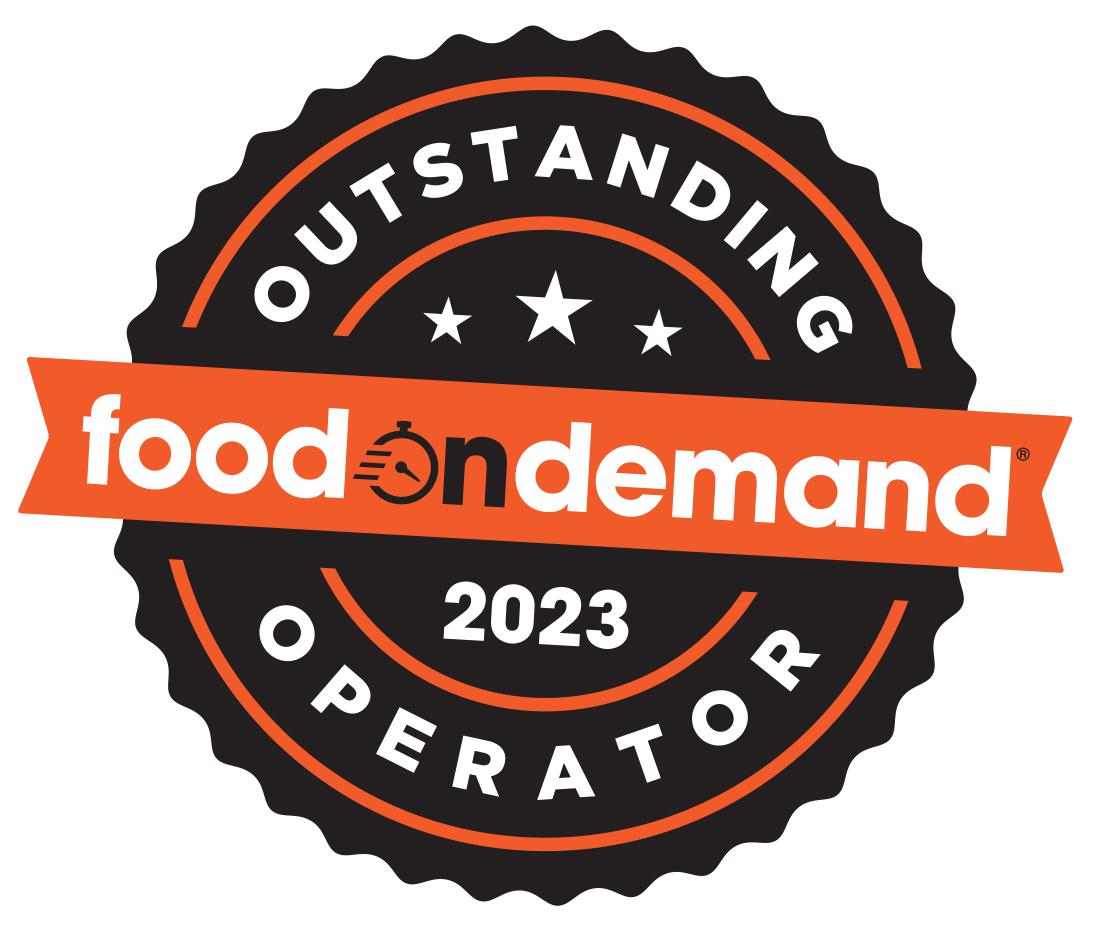NYC-based Delivery.com is national in scale through a franchise model, but smaller than rivals like DoorDash, Uber Eats and Postmates. From its vantage point, it is seeing a tale of two cities as the pandemic hammers both car-based suburban markets, which are somewhat insulated, and large cities like New York City, where some merchants wonder if urban life can ever return to the way it once was.
With operations in 1,800 cities across 41 states, and 18,000 merchants on its platform, all of Delivery.com’s markets are impacted, but the largest cities are mixing short-term concerns with longer-term, foundational worries about life after the pandemic’s peak.
“If the customer in New York has left because they’re going to their parents or a second home, combined with merchants closing down because a dine-in option is not 100 percent replaced by off-premises sales, then you have a squeeze on both ends,” said CEO Jed Kleckner.
With Manhattan streets now empty for more than a month, Delivery.com has seen scores of retail and restaurant merchants deactivate their accounts on the assumption that their own survival cannot come solely from curbside and delivery operations.
There are positive metrics amid the chaos, however, with a more than 100-percent increase in liquor sales across the platform, as well as average order sizes up more than 200 percent and a six-fold jump in gift card transactions.
Asked what this experience is like personally, with a wife who’s still working and two young kids at home, Kleckner reflected on when his first-born was in intensive care for a week and “you’re wondering what life is going to be like … because of something that you don’t have any way to control.” He called this moment a test of character for him and his team, not unlike what the largest American city went through after 9/11.
One of Delivery.com’s board members is from Cantor Fitzgerald, the global financial services firm based in the World Trade Center that lost 658 of its 960 employees in the generation-defining Twin Towers attack.
“This is the 9/11 of our generation,” Kleckner said. “We have a moral duty to be better than we possibly ever thought we could, so that means moving the entire company in a direction where we can do good by building things that are relevant to this moment.”
In a two-pronged response, the delivery provider has focused its two engineering teams on pandemic-related relief efforts that can be spun up right away, with the other focusing exclusively on efforts in the company’s expansion markets.
Those changes include lowering delivery fees “across the board” by 10 percent until sometime in the future, waiving 100 percent of fees normally charged as a percentage of gross sales for new merchants on the platform, and even helping restaurants on the platform understand the Payroll Protection Program (PPP) partially intended to assist the foodservice industry survive the crisis.
The company has also created a program where customers can order food to be delivered to healthcare workers at New York City hospitals. Customers just have to specify hospitals@delivery.com as the intended recipient.
“These moments don’t come often in life, so the real question is, can you react to it quick enough and (do) something that feels like later you’ve done everything you could?” Kleckner asked. “I can’t solve any of this, so you have to kind of figure out the things you can solve and just be laser-focused on that.”
With the primary goals of ensuring survival for its franchisees, merchant partners and the company itself, Kleckner views the present situation as a defining moment where the company can showcase its value to merchants joining the platform for the first time to reach new customers wherever they can.
“We just want to drive business to them, and if we can show that we have worth in doing that, then hopefully at some point in the not-too-distant future when we all come out of this, we can engender a long-term relationship with those merchants,” Kleckner said.
With so much delivery industry coverage focused on “what others aren’t doing right,” Kleckner said the environment makes it hard to break through with positive messages and to compete against what he called “weaponized capital” from industry giants. With comparatively limited resources, Delivery.com wants to show its merchants a different point of view in order to stand out from the herd for reasons beyond basic economics.
“I want to try and focus on the good and potential optimism of how we can better serve our merchants,” Kleckner said, adding that he feels that message isn’t getting out there. “We want to make sure that people who do have a voice can speak about the platforms that are trying to do what they can at this time and, perhaps, over time it resonates as the platform of choice that people want to work with.”




